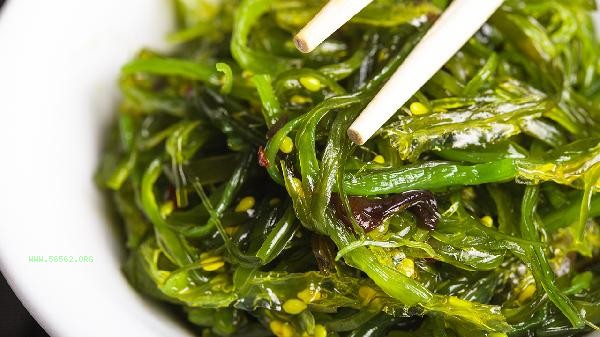Dried kelp generally needs to be soaked for 4-6 hours, with the specific time adjusted according to thickness, purpose, and water temperature. insufficient foaming may result in a hard and tough texture, while excessive foaming can easily lead to nutrient loss. Dry kelp has a tight texture, and soaking it thoroughly can help restore its softness and remove excess salt. Cold water soaking is the most commonly used method, and thick kelp needs to be extended for more than 6 hours, while thin kelp can be shortened to 3-4 hours. When the water temperature is high in summer, it can be reduced by 1 hour, and it is recommended to extend the soaking time in cold winter environments. It is recommended to change the water every 2 hours during the foaming process, which can accelerate salt analysis and avoid microbial growth. If quick processing is required, soak in warm water at around 40 ℃ for 2 hours, but high temperatures can damage some water-soluble vitamins.

In special circumstances, the foaming method needs to be adjusted. When making cold seaweed, it is recommended to blanch it for 1 minute after soaking to remove any fishy odor. For stewing soup, the soaked seaweed can be used directly to preserve its freshness. Organic kelp requires prolonged soaking and multiple washes due to its high sand content. If there is abnormal mucus or odor on the surface of kelp, it should be immediately stopped from consumption. The standard for completing the soaking process is that the kelp is completely stretched without a hard core, and the thickness is uniformly increased to 2-3 times the original.

Seaweed that has been soaked can be refrigerated and stored for 2-3 days. It is recommended to use it as needed to avoid repeated thawing. Cooking with ingredients such as tofu and radish can promote the absorption of iodine, but patients with thyroid diseases should control their intake. Daily consumption should not exceed 3 times a week, with 50-100 grams per time being appropriate. Excessive consumption may affect mineral balance. Soaking water can be retained as a base for broth, rich in trace elements such as potassium and calcium.









Comments (0)
Leave a Comment
No comments yet
Be the first to share your thoughts!